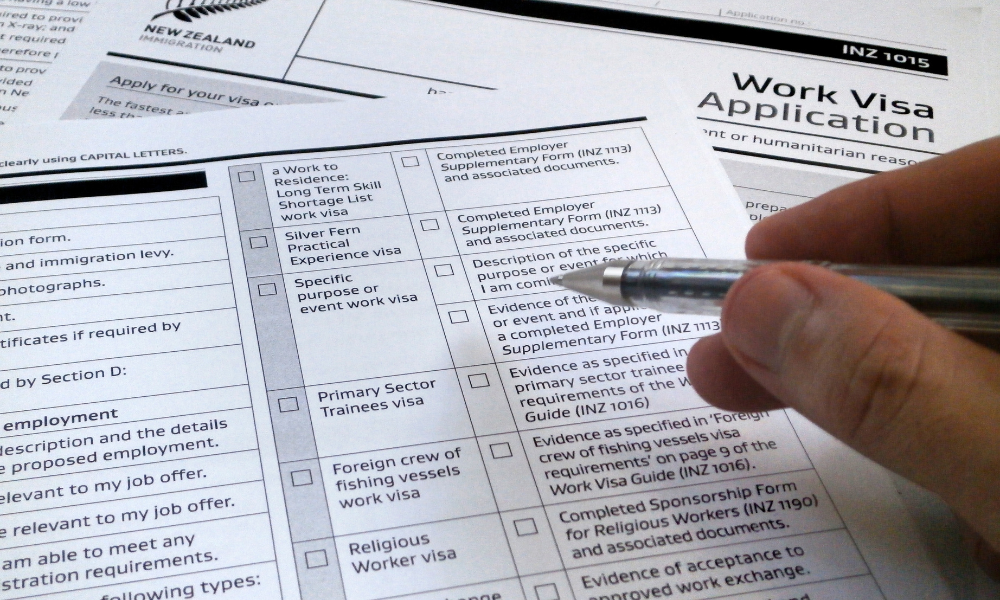
Eight people charged with fraud after investigation by INZ

Eight people in Thailand are facing charges after Immigration New Zealand (INZ) uncovered their operations of visa fraud.
INZ said these people were fraudulent visa agents who were attempting to facilitate Visitor visa applications using various fake documents for people in rural Thailand who intend to work in New Zealand.
The fraud, which was uncovered by an INZ staff member in its Thailand office, was found to be related to more than 70 visa applications to New Zealand.
"This once more sends out a message to any other visa agents who believe they can get away with not following the rules and operating with impunity and anonymity," said Geoff Scott, National Manager Risk and Verification, in a statement.
"We can find out who they are and will work with local law enforcement partners to ensure justice is served."
In addition, these individuals are also allegedly scamming victims by selling them fabricated New Zealand Residence Class visas in Thailand.
According to INZ, the fraud was carried out by a network using a front company to deceive individuals attracted to high-paying jobs in New Zealand.
"Money received from victims was laundered through multiple accounts and properties to obfuscate the trail," INZ said in its media release.
INZ said it worked with the Thai Cybercrime Division, Thai Central Investigation Bureau and Thai Department of Employment on the fraud scheme.
Thai law enforcement conducted various simultaneous searches in five locations to discover vehicles, gold, bank records, and forged documents.
"Certain visa agents believe the rules don’t apply to them and that they can behave however they like to make money. But no one is above the law, and these arrests show that neither New Zealand nor Thailand will stand idly by when people are victimised like this, and there will be real-world consequences for such behaviour," Scott said.